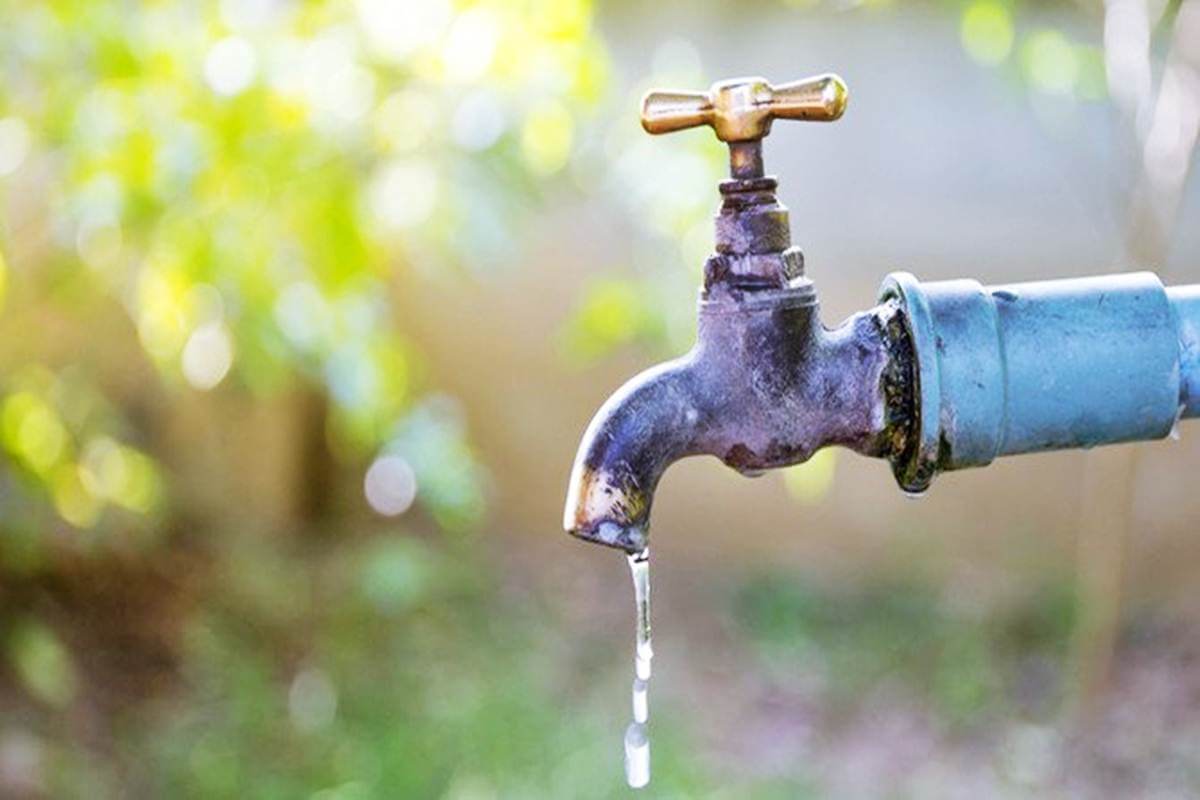The housing societies, developed under the Pune Metropolitan Region Development Authority (PMRDA) for economically weaker sections, were meant to symbolise accessible urban living.
Instead, they have become the epicentre of civic distress, where access to a basic amenity like drinking water remains elusive. Residents of the Mahuligad and Gorakhgad housing societies have now reached a breaking point. With no regular or adequate water supply and insufficient pressure in the existing connections, households have been forced to depend entirely on privately sourced tankers. Many have warned that if urgent steps are not taken to address the issue, a large-scale protest will be organised at the PMRDA headquarters. The agitation, according to local representatives, will involve families carrying empty water pots to symbolise their frustration and demand resolution.
The distressing state of affairs has been formally raised with the regional authority’s commissioner by way of a detailed written complaint. In their representation, residents have underscored that despite taking possession of their units over 12 to 18 months ago, essential infrastructure, particularly related to water, remains incomplete or non-functional. Repeated complaints and follow-ups at both the local PMRDA site office and its central administrative office have yielded little beyond verbal assurances, residents say. Discussions have taken place with designated officials, but there has been no tangible move towards a sustainable solution. The residents allege a pattern of bureaucratic delay and negligence, which has now begun to affect daily life and basic dignity.
In a recent development, officials from the Pimpri Chinchwad Municipal Corporation (PCMC) conducted an inspection following the influx of complaints. Their investigation reportedly corroborated the residents’ claims of inadequate water supply. According to PCMC water supply officials, the PMRDA must first complete internal plumbing work and establish a pipeline network within the society premises. Only then can the municipal authorities extend an external water connection. This requirement places the onus of infrastructure execution squarely on the PMRDA. However, the lack of coordination between the two bodies—one responsible for construction and the other for utilities—has left residents in limbo.
Meanwhile, the financial implications of this civic failure are mounting. Society maintenance funds, which were collected to cover upkeep costs like sanitation, security, and common area maintenance, are now being diverted almost entirely to pay for water tankers. According to representatives from the housing management committees, these tankers are costing the societies up to ₹2 lakh every month. With their limited resources rapidly depleting, residents are uncertain how other services will continue to function. Desperation has even led some residents to explore borewell drilling as an interim solution. One such attempt reportedly cost over ₹1.5 lakh but failed to yield any water, compounding the community’s financial and emotional burden.
The situation has particularly impacted women and children, who bear the brunt of the crisis. Water scarcity affects not only domestic routines but also hygiene and health. For many families, collecting water from tankers means long waiting hours, often under the sun, and sharing limited quantities among dozens of households. Amid this spiralling crisis, the demand from the community is straightforward—immediate action from PMRDA to lay dedicated pipelines and provide consistent water access. If no movement is seen in the coming weeks, the residents are preparing to mobilise in larger numbers and escalate their protest to draw wider attention.
From a policy perspective, this issue also highlights deeper structural gaps in urban planning and execution. While schemes focused on affordable housing are a cornerstone of inclusive urban growth, they are often undermined by poor coordination between development authorities and municipal service providers. In this case, it is not merely an administrative lapse but a failure that threatens the very viability of government-subsidised housing as a sustainable solution for lower-income populations. There is also an environmental and sustainability angle to consider. Heavy reliance on water tankers adds to traffic congestion, carbon emissions, and puts pressure on nearby water sources. The model being pursued here is clearly not aligned with long-term ecological or urban sustainability goals.
In the broader vision of creating gender-neutral, equitable, and eco-friendly cities, basic amenities like drinking water must be non-negotiable. The case of Sector 12 in Bhosari is a stark reminder that infrastructure on paper means little unless it translates into services on the ground. With increasing urbanisation across Maharashtra, and PMRDA expanding its footprint, the resolution of this water crisis could serve as a benchmark—or a cautionary tale. Residents are hopeful that urgent action will replace bureaucratic apathy, and that their plea for dignified urban living will not go unheard.
Also Read : https://urbanacres.in/pmc-announces-temporary-water-supply-halt/



